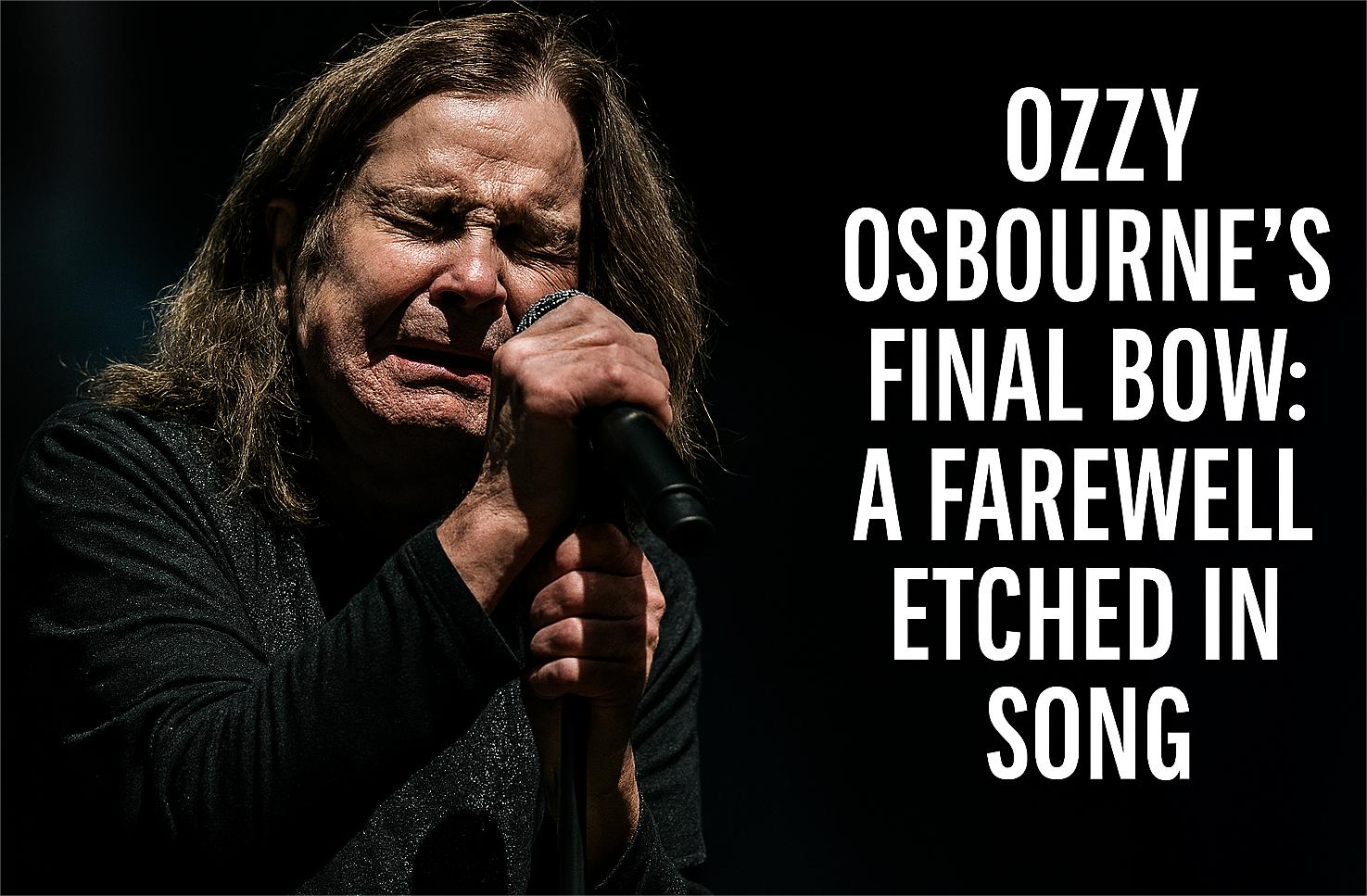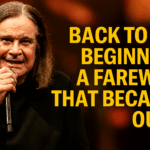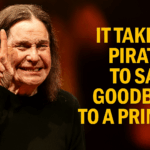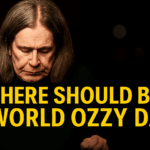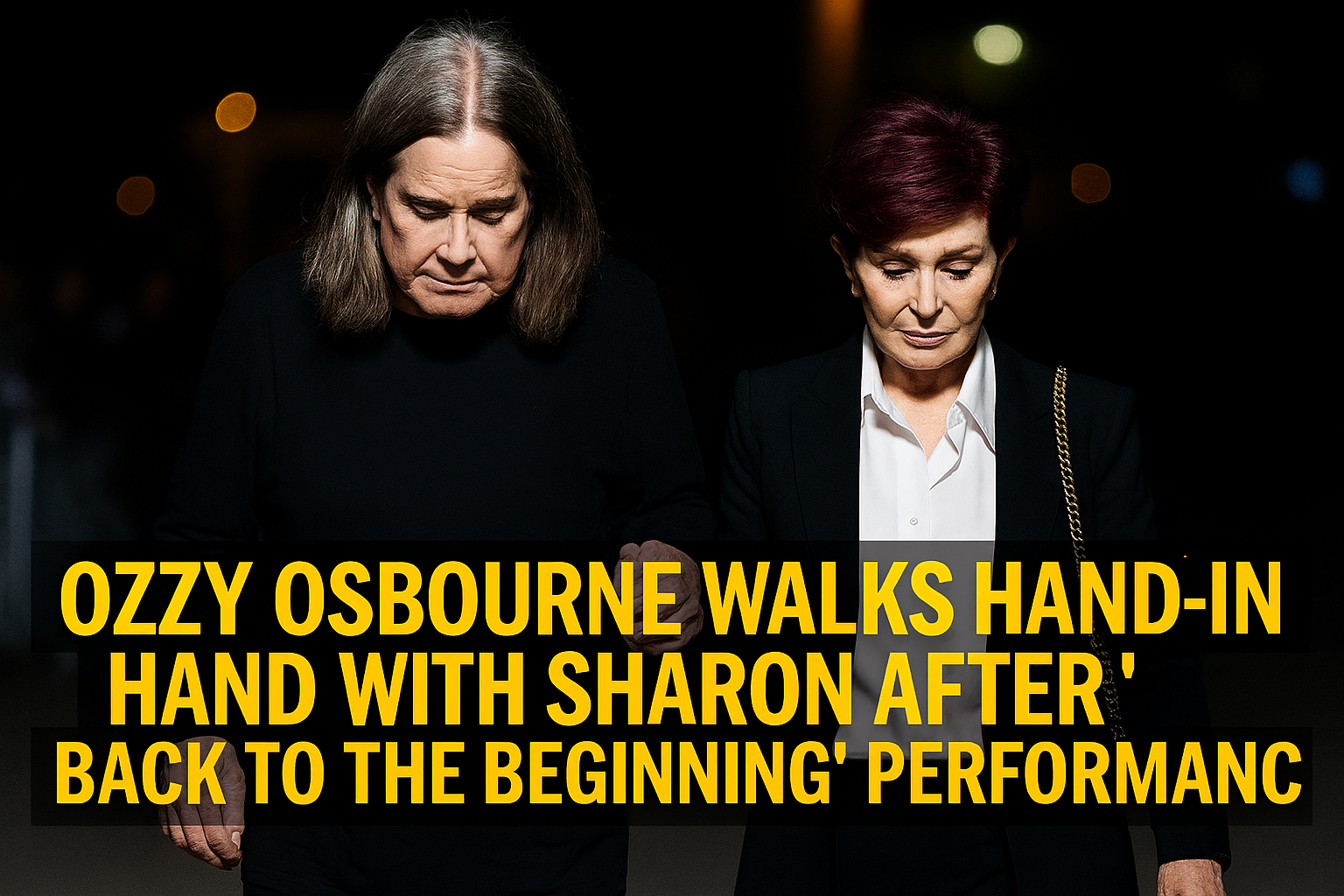Ozzy Osbourne’s last live performance of “Mama, I’m Coming Home” wasn’t just a concert moment—it was a soul-stirring farewell. Held in his hometown of Birmingham, the “Back to the Beginning” show marked a full-circle journey for the Prince of Darkness. Fans gathered not just to hear the music, but to witness a legend say goodbye.
Ozzy, visibly frail but emotionally present, stepped onto the stage with quiet dignity. Gone were the wild theatrics of his earlier years. In their place stood a man ready to reflect, to connect, and to let go. The performance of “Mama, I’m Coming Home”—a song originally written for his wife Sharon—felt like a goodbye to everyone: his family, his fans, and perhaps even to life itself.
His voice, though aged, carried raw emotion. Every lyric landed with weight. “You took me in and you drove me out…” wasn’t just a line—it was a confession, a memory, a final embrace. The crowd responded with reverent silence, tears, and raised hands. Some sang along softly, others simply closed their eyes, letting the moment wash over them.
Sharon’s presence at the funeral days later added another layer of poignancy. Her raised peace sign—Ozzy’s signature gesture—became a symbol of love, loss, and legacy. The mourning extended far beyond family. Millions who had grown up with Ozzy’s music felt the ache of his absence.
In a surreal tribute, the Coldstream Guards played “Paranoid” at Buckingham Palace. A heavy metal anthem transformed into a royal salute, marking Ozzy’s evolution from rebellious icon to national treasure. It was a moment that blurred the lines between punk and pageantry, rebellion and reverence.
Online tributes poured in. Fans shared memories, lyrics, and reflections. One post captured the sentiment perfectly: “You’re not weird for mourning someone you never met. Your heart remembers what they gave you.” Ozzy’s music had become part of people’s lives, and his final performance felt like a personal loss.
“Mama, I’m Coming Home” became more than a song—it was a universal expression of love, regret, and closure. Ozzy didn’t need pyrotechnics or elaborate staging. His voice, his presence, and his honesty were enough. The performance was a masterclass in authenticity.
Even in his final act, Ozzy taught fans how to face the end with grace. His farewell wasn’t loud—it was tender, reflective, and unforgettable. As the last notes faded, fans knew they had witnessed something sacred.
Ozzy Osbourne didn’t just perform music—he gave people pieces of himself. And in that final performance, he gave one last gift: a goodbye that felt like a shared embrace. Through his music, Ozzy will always be home.
